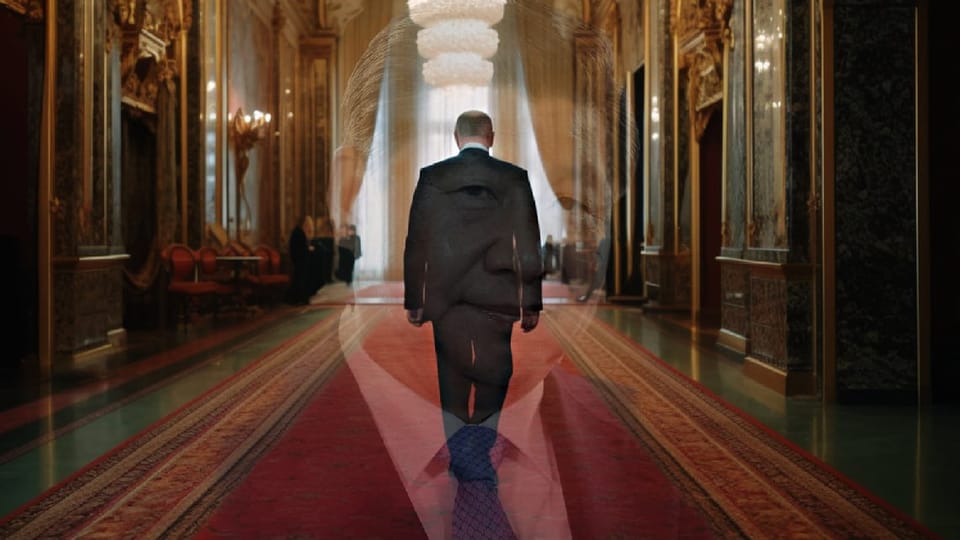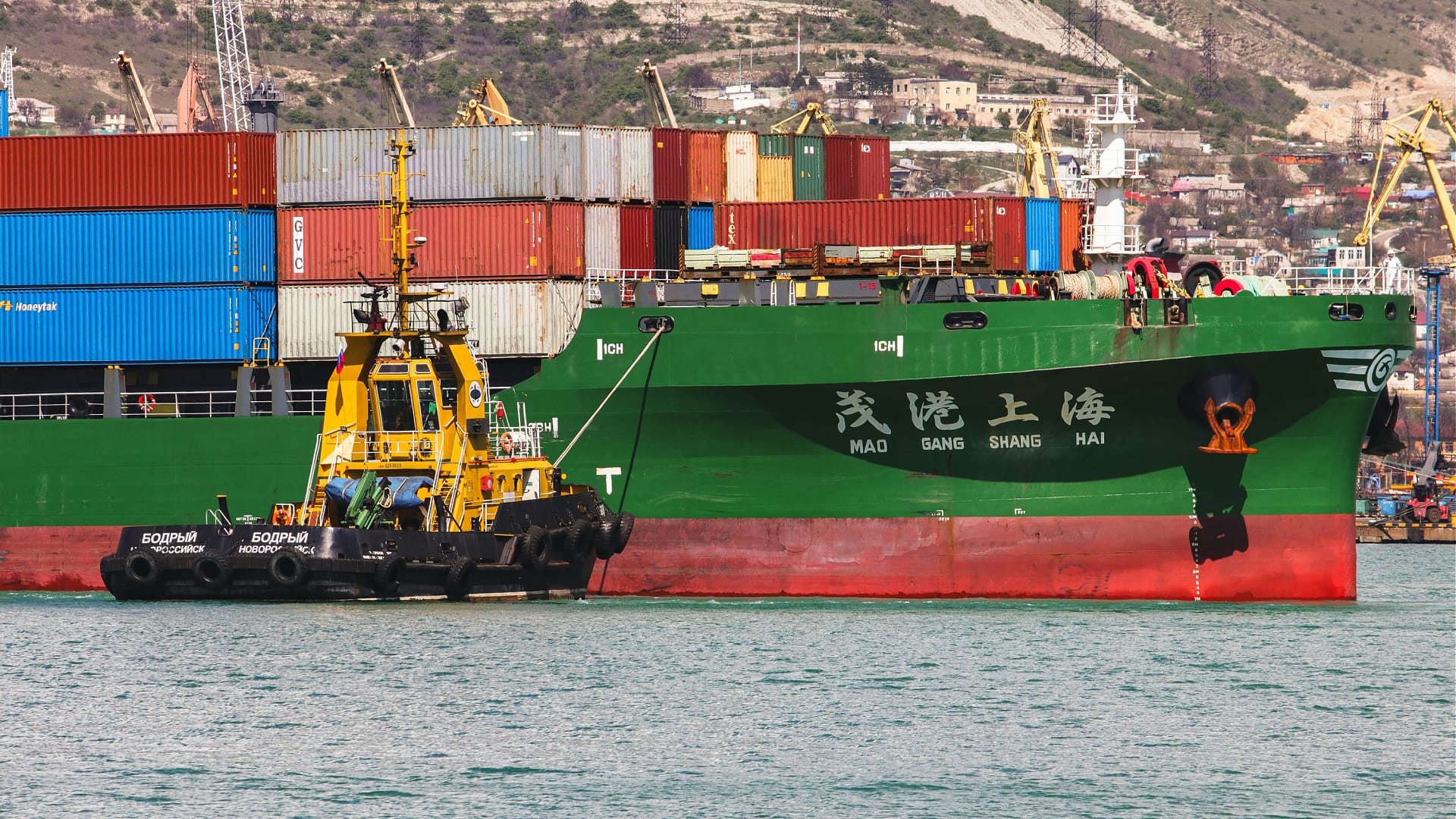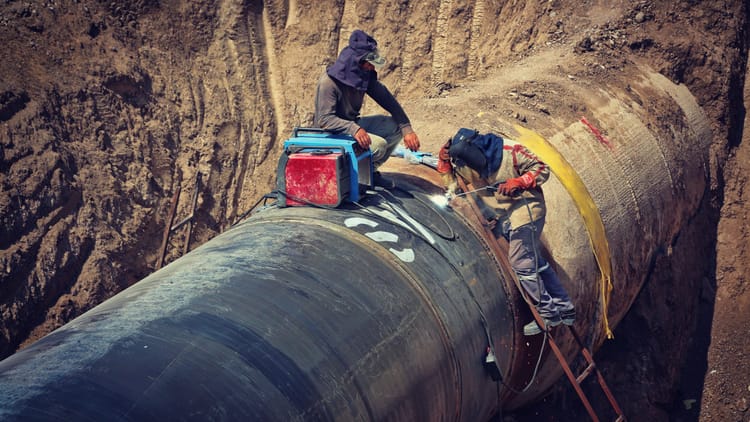Trust, but verify

Praising his country’s relationship with the Kremlin, Wang Yi, China’s foreign minister, said in March that the two countries had “forged a new paradigm of major-country relations” that “differs entirely from the obsolete Cold War approach.” On April 8, Xi Jinping, the Chinese Communist Party’s chairman, hosted Sergey Lavrov, the Russian foreign minister, in Beijing to lay the groundwork for Xi to meet Vladimir Putin later this spring—it would be the 39th time the pair meet as heads of state. Meanwhile, trade between the two countries hit a record US$240 billion in 2023, up from $146 billion just two years earlier.
Still, Russia’s war in Ukraine has tested the “new paradigm.” In February 2022, shortly before the invasion, Xi and Putin declared that their countries’ partnership had “no limits.” But Moscow didn’t consult Beijing before invading, and Beijing hasn’t used the rhetoric since. After the attack, the West imposed unprecedented economic sanctions on Moscow and gradually cut off nearly all Russian exports of oil and natural gas to Europe and North America—forcing the Russian Federation’s economy to rely more and more on the People’s Republic. What’s the war done to this critical partnership?
Sergey Radchenko is the Wilson E. Schmidt Distinguished Professor at the Johns Hopkins University’s School of Advanced International Studies and the author of several books on China-Russia relations. As Radchenko sees it, the course of the war has meant increasing gains for China, both economic and strategic. It’s saved billions buying discounted oil from Russia—while finding a high-demand market there for its cars, phones, semiconductor chips, and machine tools. Russia’s growing economic dependence on China has transformed the Russian Federation into a client state of the People’s Republic, enhancing its status as a great power. As the war continues indefinitely, Beijing holds more and more leverage over Moscow—though short of the leverage to dictate the Kremlin’s conduct of the military campaign in Ukraine.
At the same time, Radchenko says, China has remained officially neutral in the Ukraine war and even put forward a peace plan. That plan is unrealistic, but it allows Xi to relentlessly criticize the U.S. and its allies as fueling conflicts in Europe and the Middle East. And yet the battlefield stalemate in Ukraine is China’s preferred scenario today. It doesn’t want Russia to lose ground but fears any escalation in fighting—above all, that one side or the other might resort to nuclear weapons …
Michael Bluhm: How does Beijing see its relationship with Moscow now?






